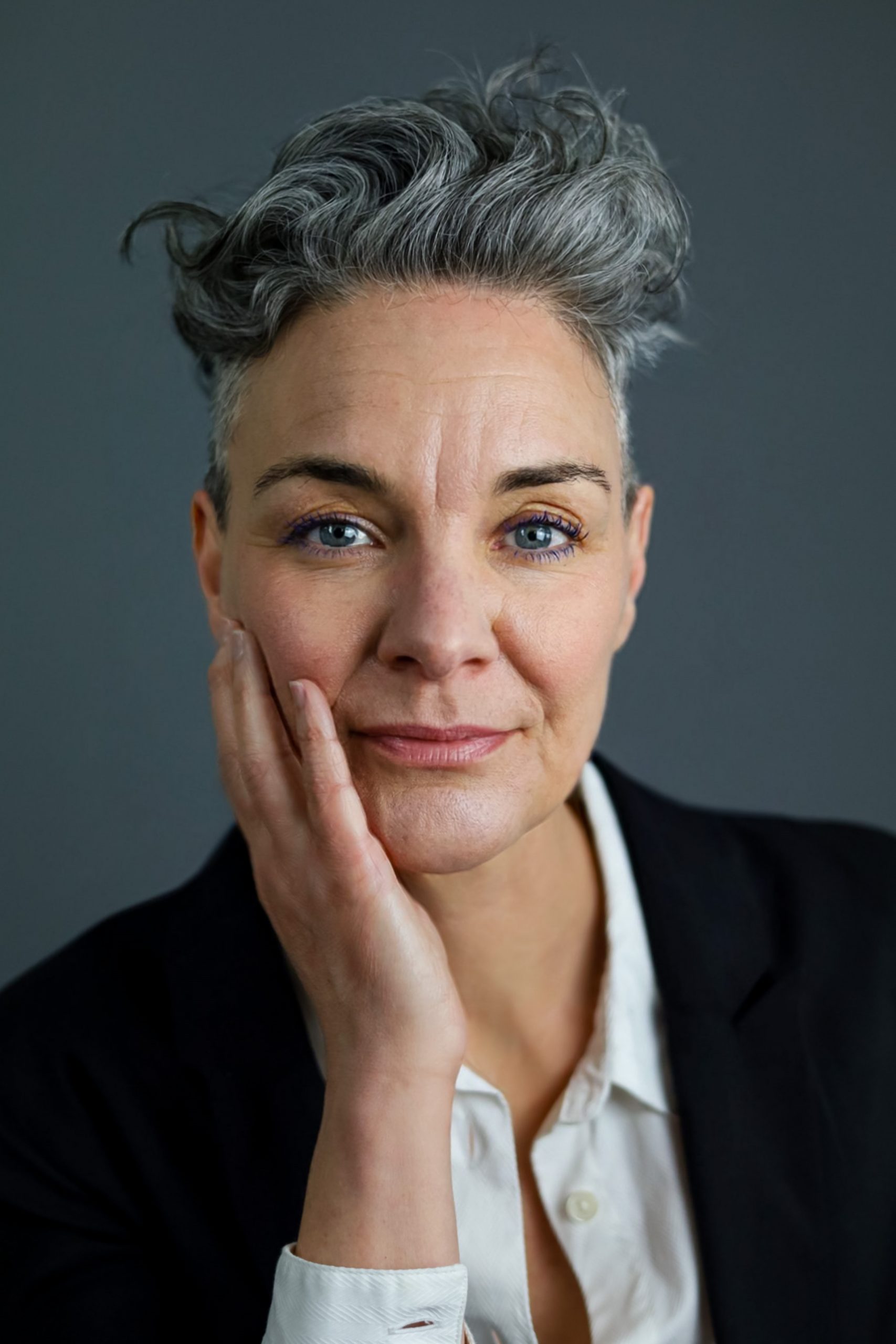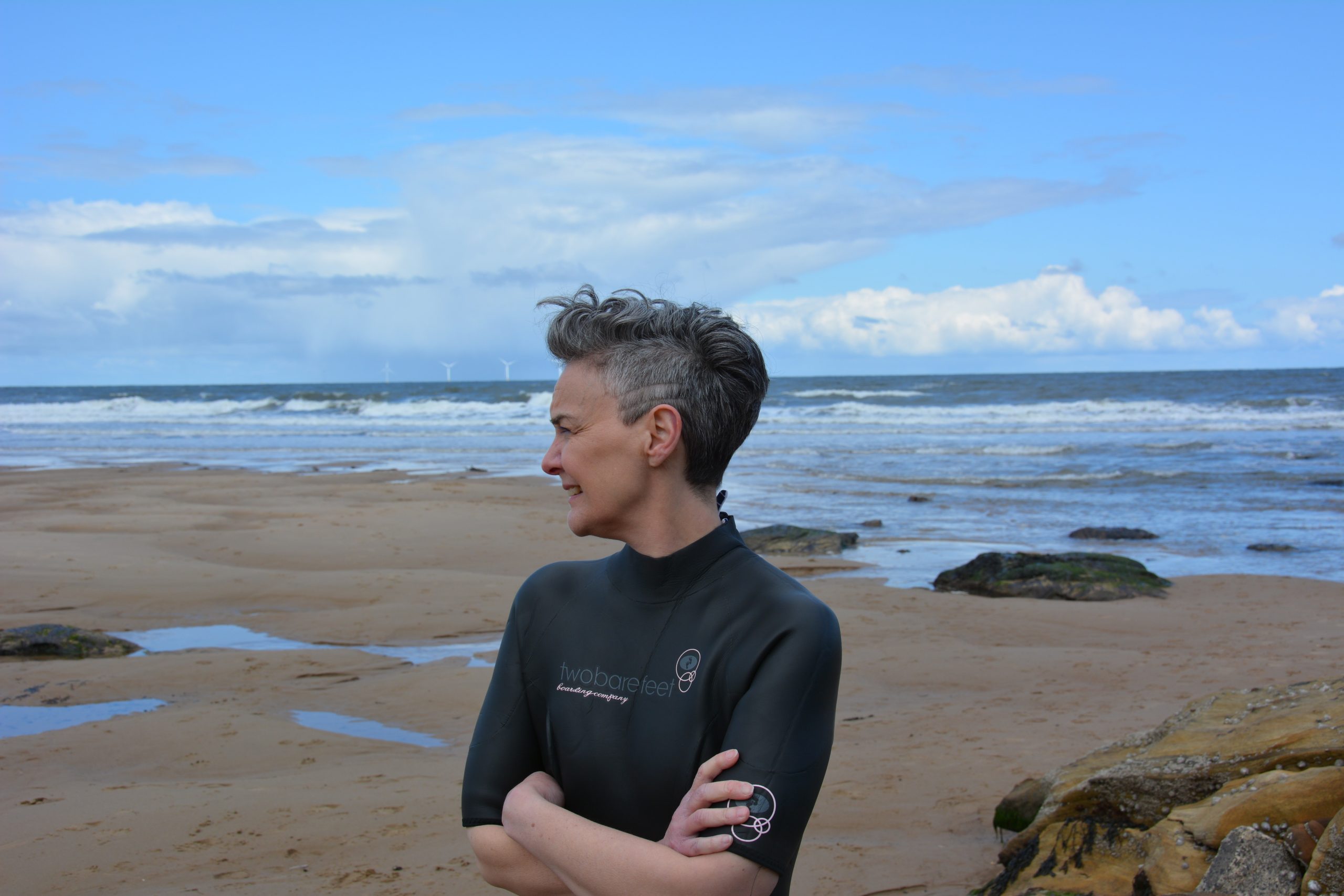In 1966, Dr. Robert Wilson, a New York gynaecologist, published a bestseller called Feminine Power. In it he referred to menopausal women as “Galloping Catastrophes”. Seven years ago, this was indeed an apt description. At 44, I was beset by mysterious aches and pains, brain fog, anxiety, bloating, epic wind and anxiety so bad I didn’t want to leave the house.
Initially, I thought this was simply the result of stress. As part of the sandwich generation – with young children and ageing parents to look after – life was giving me a bit of a kicking: I lost my job, my husband lost his job, my mother got breast cancer and a close friend died suddenly within the space of six months.
I stumbled around clueless for a couple of years, surrounded by a deafening wall of silence, convinced I had an auto- immune disease. Then, my periods started to behave oddly. Now, this was a change I understood and some further research brought up the word “perimenopause”. Once I realised everything was down to my waxing and waning oestrogen, rather than anything sinister, I decided to try out every natural product and approach available out there. And some that were really out there!

I started detailing my experiments on Instagram as ‘The Menopause Guinea Pig’. The list of things I have tried is extremely long but here are a few examples: distance reflexology, hormone yoga, earthing, sound baths, cacao ceremonies, acupuncture, numerous supplements, hot flush magnets, liquid fibre, probiotics, alternate nostril breathing, flatulence filtering underwear, collagen, cranial osteopathy, tapping, mouth taping, turmeric and tabasco to name but a few.
I am sure you have neither the time, money, nor the inclination, to give all of these a try. I have, therefore, picked out my most successful ventures to date to help ease a myriad of symptoms.
Cold water swimming
First up is cold water swimming. Stressing the body with cold water boosts your immune system, calms feeling of stress and anxiety, improves circulation, reduces inflammation and gives you a natural high. Now, I have braved the North Sea, but I prefer to get the benefits of cold water in a more conducive manner, namely in the shower. I “simply” turn the shower bit by bit to cold, thereby activating my parasympathetic nervous system (tend and befriend) and calming my sympathetic nervous system (fight or flight). Give it a go. It’s fairly hard going initially. You should be aiming for anywhere between 30 seconds and 2 minutes. I count to myself as I go and can still only manage 60 seconds, despite doing it every morning for years.
Mindfulness
Mindfulness is my second suggestion. Initially, I was a little skeptical to try this. I was encouraged to fully engage with a domestic task (I chose ironing) and not to let my mind wander. If it did, I was to bring it back to listening to the sounds of the iron, noticing the creases leaving the material, feeling the fabric, and my grip on the iron. I went for it and spent the first five minutes giggling, which never happens when I am ironing. When I stopped being silly, and concentrated on the task, I realised that every time my mind was distracted, I was tightening my jaw and frowning, my shoulders were up by my ears and I was also clenching my buttocks. No wonder I’d had so many mysterious aches and pains for years! So, check in with your body from time to time. See if you are actively holding yourself together without noticing. Try to let go and relax.
Nutrition
Next up, take a closer look at what you eat. Consider adopting a healthier diet in midlife. Think the Mediterranean diet, without the pizza and the pasta. Foods rich in omega 3 fatty acids, which have antioxidant and anti-inflammatory effects, such as fresh fruit and vegetables, whole grains, fish, beans, nuts and olive oil. Such a diet can help to ease many symptoms including brain fog and hot flushes. On the flip side it also makes sense to avoid inflammatory foods, such as fried foods, processed foods, refined carbs and sugary drinks.
Start moving
Get active. Give Pilates or yoga a try. Both strengthen your core and aid flexibility, postural alignment, balance and flexibility. They also help to activate your parasympathetic nervous system and calm everything down. A less low impact workout, but just as important in midlife, is strength training. Now, I’m not suggesting you rush out and buy a unitard and bag of chalk and start dead lifting thrice your bodyweight. A few simple exercises with resistance bands and hand held weights (or a tin of beans) will help to build bone and increase muscle strength. Hugely important as lower levels of oestrogen can increase the risk of osteoporosis.
Sexual discovery
Last, and most certainly not least – orgasms. Yes, really! Orgasms positively impact all peri/menopause symptoms. They help you sleep, strengthen and tone your pelvic floor, increase blood flow to the brain, release natural painkillers, lower levels of cortisol (stress hormone), stimulate the production of collagen and aid the body’s natural detoxification process. So there’s some homework for you to do – on your own or with a partner.
Let’s end on a high. You may be feeling, as I did, like a galloping catastrophe at the moment but that is not the end of the story. Oestrogen is often referred to as the “caring hormone” and I suspect, whether you have children and ageing parents or not, you will be devoting much of your time caring for those around you. As oestrogen starts to exit stage left, you may well find that you start to care less. Not in a negative way. You may find that you start to put yourself first. You might start to wonder what you will do with your second act. Could it be your best yet?
For more stories, advice and interviews, head to the Menopause Your Way Stories hub. To browse and shop a curated edit of menopause products, visit the Menopause Your Way page on QVC.
The content of the QVC website is for information only. It is not intended as a substitute for professional medical advice, diagnosis or treatment. Always seek the advice of your doctor or other qualified health provider with any questions you may have regarding a medical condition. Never disregard professional medical advice or delay in seeking it because of something you have read on the QVC website.
We understand there’s a lot of information out there on the menopause. You can read through the NICE guidance on menopause management, as well as the NHS overview on the menopause.




